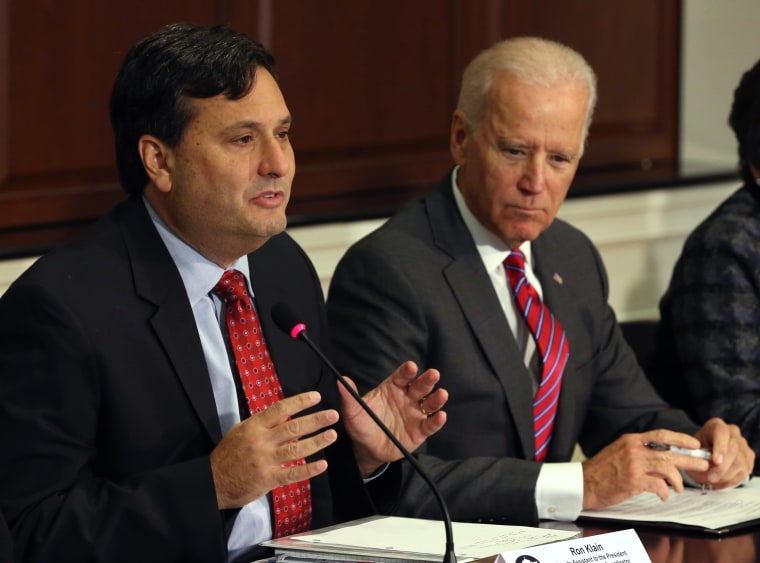With Donald Trump's second impeachment trial complete, attention on Capitol Hill is quickly shifting to the pending COVID relief package, which the U.S. House continued to debate even as the proceedings in the U.S. Senate unfolded last week.
The ambitious package, proposed by President Joe Biden, continues to be a heavy lift, especially given policy divisions among Democrats. It doesn't help that congressional Republicans appear overwhelmingly opposed to the effort.
But the Washington Post raised an interesting point about the partisan dispute: outside of the Beltway, Republican attitudes toward the White House's relief package bear little resemblance to the obstinacy in D.C.
[T]o many Republicans at city halls and statehouses across the country, the relief package looks very different. Instead of the "blue-state bailout" derided by GOP lawmakers, Republican mayors and governors say they see badly needed federal aid to keep police on the beat, to prevent battered Main Street businesses from going under and to help care for the growing ranks of the homeless and the hungry.
Pointing to the article via Twitter this morning, White House Chief of Staff Ron Klain described the report as, "Today's episode of: 'Yes, it really IS bipartisan.'"
This is about far more than bragging rights. It's no secret that there are some congressional Democrats -- most notably Sen. Joe Manchin of West Virginia -- who've stressed the importance of Republican support for Biden's proposal. Indeed, by some accounts, members such as Manchin might derail the entire legislative initiative unless the bill can be fairly characterized as bipartisan, which could have the effect of giving the GOP veto power over the relief package.
And that's where the debate over the definition of "bipartisan" begins in earnest.
For the White House, the emphasis seems to be on the totality of the circumstances: the COVID relief plan has received support from Republican mayors, Republican governors, and Republican voters. The budget resolution that cleared the way for the bill even included Republican amendments. To the extent that it's necessary, the "bipartisan" box has been checked.
Whether that's good enough for the relevant players remains to be seen, but I hope they'll remember this quote from Jerry Dyer, Fresno's Republican mayor: "It's not a Republican issue or a Democrat issue. It's a public health issue. It's an economic issue. And it's a public safety issue."

